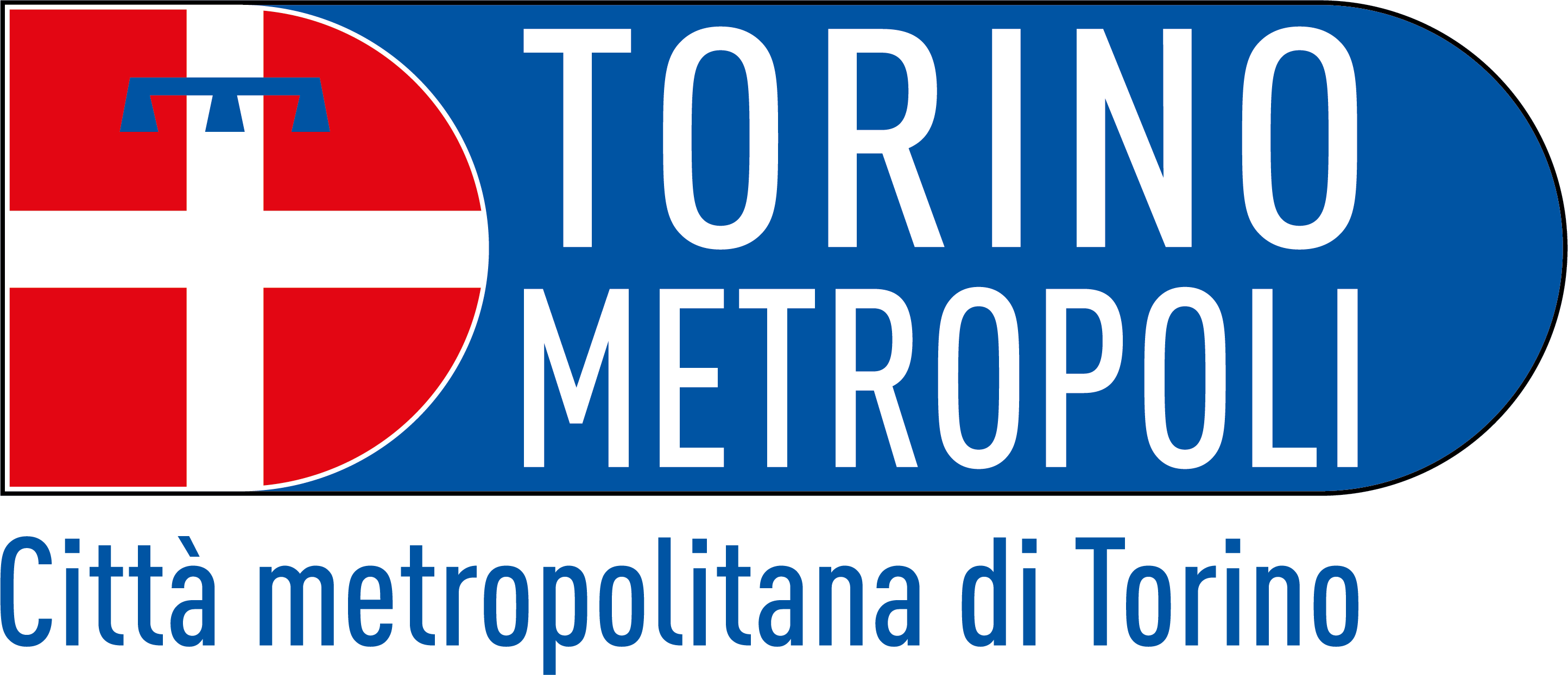Frans Timmermans and Virginijus Sinkevičius present the new draft at a press conference in Brussels: the goal is to create a new economy, sustainable for the environment and European citizens.
The new proposal on the Packaging and Packaging Waste Regulation was presented in Brussels on Wednesday, November 30th, at a press conference held by European Commission Executive Vice President Frans Timmermans and European Commissioner for the Environment Virginijus Sinkevičius. The draft, drafted by the European Commission, contains a number of new guidelines and requirements that aim to reduce the use of virgin raw materials in the production of new packaging and, most importantly, to promote the reuse market over the disposable market.
To pursue the goals of reduction, reuse, and recycling, the draft Regulations seek to act through a series of targeted interventions:
- Impose restrictions on packaging considered "unnecessary", or otherwise in excess of what is needed, to prevent the generation of packaging waste. For this type of waste, the proposal calls for a 15 percent reduction by 2040 compared to 2018 production, for each Member State. To achieve this goal, it also calls for the application of well-defined eco-design criteria on packaging;
- Make all packaging used in the European market recyclable, to create an efficient market for secondary raw materials;
- Increase reuse and refill in order to substantially reduce the generation of packaging waste. With reference to beverage bottles and food packaging, the draft includes a target of 10 percent reuse and refill from 2030, which would increase to 40 percent from 2040. Reuse of packaging implies that it is put into a reuse system, which results in it being reused for the same purpose for which it was designed. The regulation also introduces the concept of recharging, to be placed alongside reuse. Refilling directly involves the user, who can take the products he or she needs using his or her own container (which serves the function of packaging). Both actions are aimed at reducing the production of packaging waste, as well as its dispersion into the environment;
- Make it mandatory to implement by January 1st, 2029 a deposit system for single-use plastic, steel and aluminum liquid food containers with a capacity of less than 3 liters. However, in case a country succeeds in ensuring collection of such packaging in excess of 90 percent of the released for consumption, there is no constraint to introduce a deposit system;
- Mandating the use of uniform labeling on each component of the packaging, to facilitate proper waste delivery, in each Member Country. The purpose of this measure is to make it easier for citizens to separate waste, across individual national borders.
The European Commission's proposed regulation would also make changes to packaging made of compostable materials. In fact, the draft proposes to make only certain products such as ultra-lightweight plastic bags, adhesive labels, coffee pods and tea bags compostable under industrially controlled conditions and in organic waste treatment plants.
Given that it does not need to be transposed into national law, in Italy the draft Regulation has raised many concerns from companies and associations in the recycling sector, as this document presses heavily on packaging reuse and refill targets. In fact, for these actors, reuse would not always lead to greater environmental benefits and, indeed, the imposition of the new Regulation would penalize the practice of recycling, which represents an excellence in our country (with a rate of waste recycling of about 83% of the total managed). During the press conference, Frans Timmermans himself made a speech in Italian on the topic, highlighting how the implementation of reuse systems, along with recycling, should not be seen as a penalty for the country's economy. On the contrary, reuse would be an incentive to add a new fundamental building block in the construction of a fully sustainable economy, capable of unleashing positive effects on citizens, the environment and businesses.
To review the November 30th press conference:
For more:
European Green Deal: Putting an end to wasteful packaging, boosting reuse and recycling
Cosa c’è da sapere sul Regolamento Ue sugli imballaggi in arrivo
Spunta nuova bozza del regolamento imballaggi
Regolamento imballaggi Ue, in Italia il dibattito è soprattutto sul deposito cauzionale
Giacomo Pace
